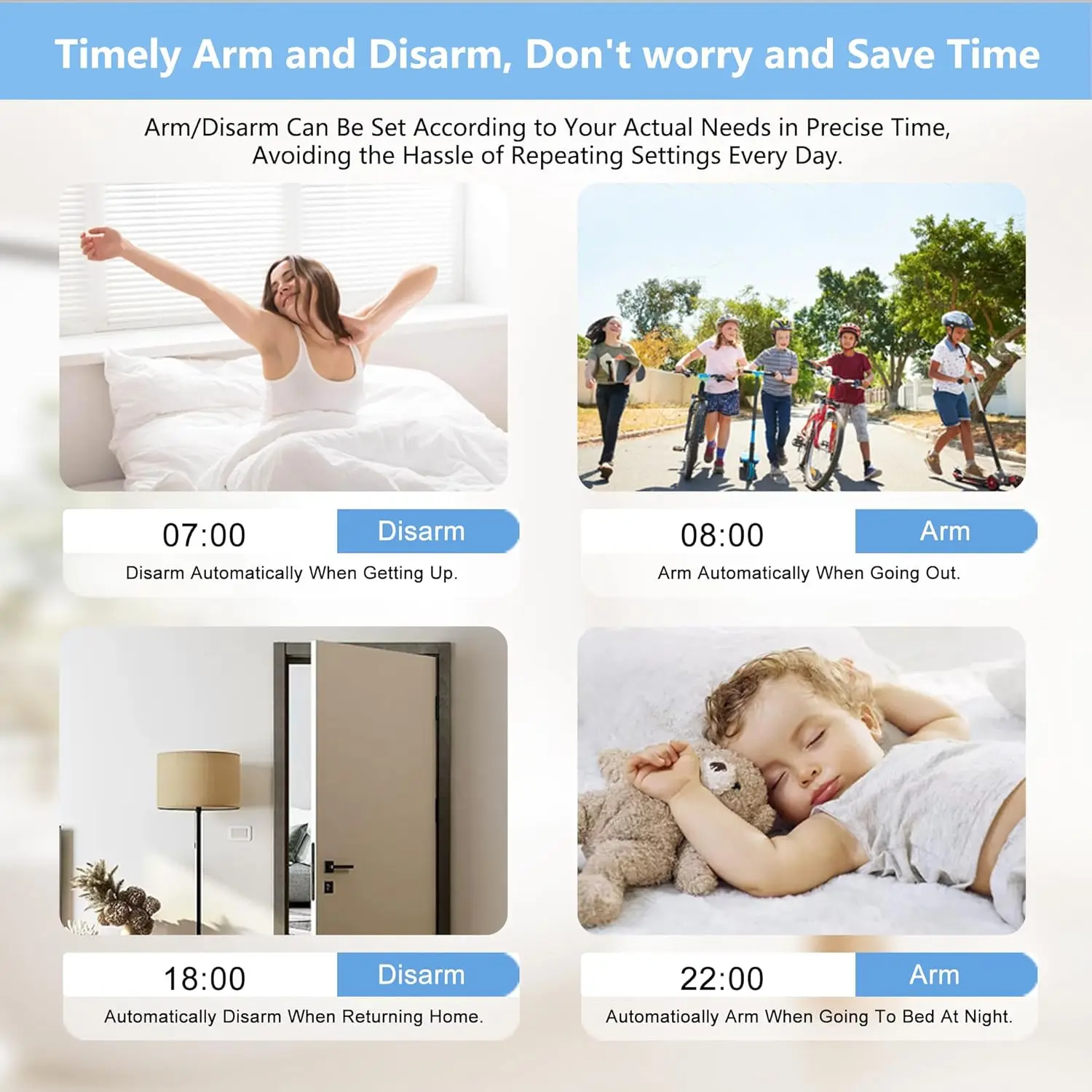Introduction:
2025 has seen a significant rise in the adoption of smart home technology across the European Union. With the push towards sustainability, energy efficiency, and convenience, products like smart thermostats, security systems, and automated blinds are transforming the way Europeans live. Here’s a look at how smart home products, including devices that integrate with Alexa, Google Home, and Tuya, are reshaping homes in the EU.
1. Smart Thermostats: Efficiency Meets Comfort
One of the biggest trends in home automation for 2025 is the rise of smart thermostats. The Tuya Smart Home Thermostat allows homeowners to control their home’s heating system remotely through a WiFi connection. Whether it’s water-based underfloor heating or a gas boiler, this thermostat can regulate temperature according to your schedule, ensuring comfort while minimizing energy consumption. With European concerns about energy efficiency, this product helps families lower their heating costs and reduce their carbon footprint.
2. Smart Security Systems: Home Safety at Your Fingertips
As smart security systems become increasingly sophisticated, the GauTone TUYA WiFi 4G GSM Alarm System is leading the way in home protection. Featuring PIR motion sensors, a solar-powered siren, and remote control via Tuya, this system ensures that homeowners are alerted to any suspicious activity. Whether you’re home or away, controlling your security system from your smartphone gives peace of mind, making this a must-have for EU residents who prioritize safety.
3. WiFi Doorbell Cameras: Watch Over Your Home from Anywhere
Smart doorbell cameras like the 3MP Tuya WiFi Doorbell are a game-changer for home security in 2025. Equipped with a 1080P camera, PIR motion sensor, and IR night vision, these devices allow homeowners to see and interact with visitors in real-time from their smartphone. Integration with Alexa and Google Home makes it even easier to use voice commands for operation, and the 5000mAh battery ensures that the doorbell functions even during power outages.
Conclusion:
With an increasing focus on convenience, security, and energy efficiency, smart homes in 2025 are all about seamless integration and control. Whether it’s optimizing home temperature or enhancing security, the European market is embracing smart technology to improve daily living.

